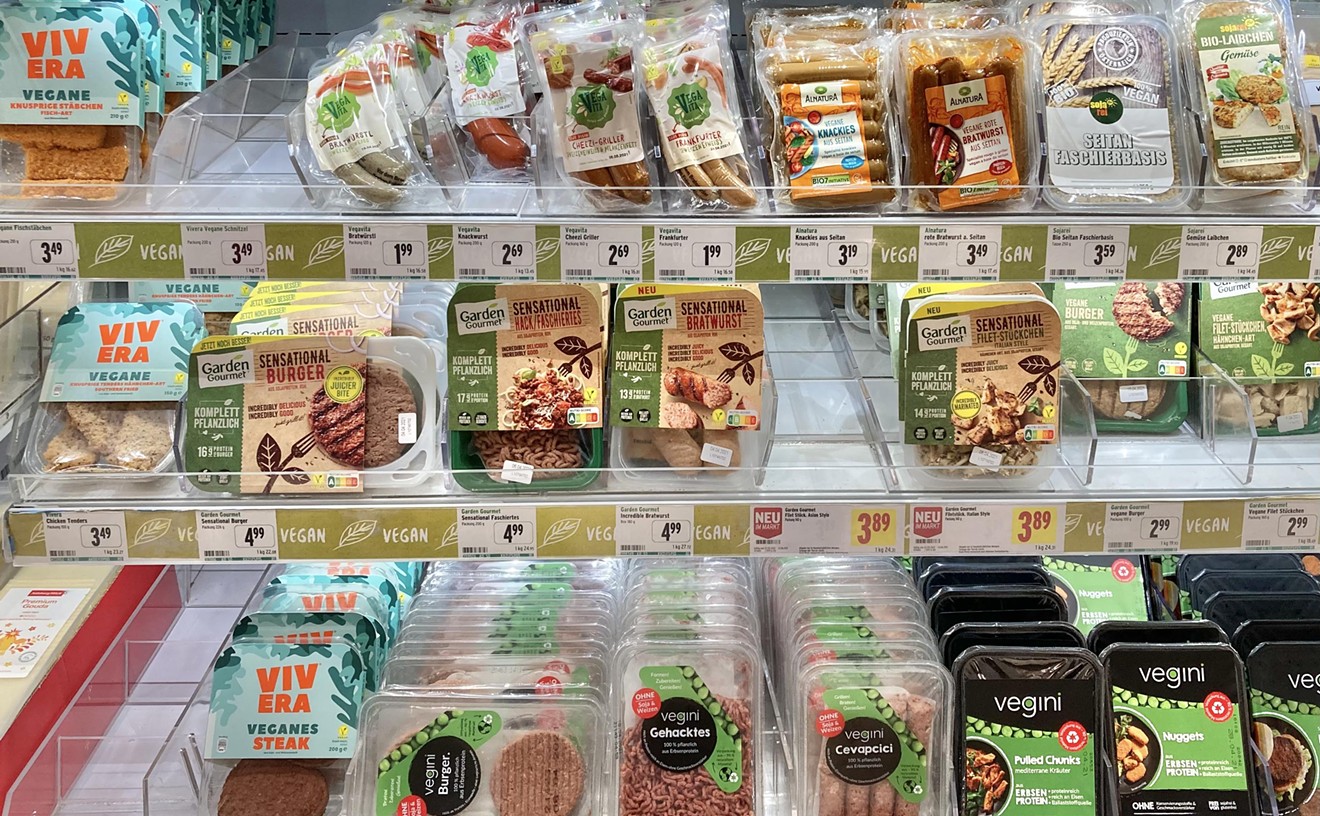Ask the Chef: How long are my dried herbs and spices fresh? What about olive oil?
Dried herbs and spices do not go "bad" -- they just lose potency over time. Some manufacturers print "use by" dates on packaging, but that information often doesn't take into account how long the herbs and spices have been in a warehouse or when a customer actually opens the package seal.
Major shelf life factors include storage, moisture, temperature, and light. Sounds a little high maintenance, but the science can be simplified -- the best way to determine potency of freshness and flavor is to use your senses.
Check out a few tests and hints after the jump ...
Sure signs of lost flavor is are loss of
vibrancy in their color, and loss of the unique aroma of
the herb or spice, which can be easily tested:
For Spices: Shake the spice in its sealed container. If you can smell the essence of the herb or spice when you open the container, then it's still good to use in your recipe or dish. If the aroma is faint or scant, increase the amount called for in your recipe to compensate for the loss and then add that spice your shopping list!
For Dried Herbs: Take a pinch between your fingers and crush. The aroma will indicate if the herb or spice can deliver flavor.
Olive oil is at its peak 2 to 3 months after pressing. It is freshest used 6 months after opening the seal on the bottle.
It's a good practice to use up the bottle contents within 12 to 18 months. Store olive oil in an airtight container in a cool, dark place, and avoid storing in extreme temperatures (i.e. the refrigerator or next to the stove or oven).
Tips for buying and storing dried herbs and spices:
1. Whole spices keep flavor the longest. Buy spices like nutmeg, cinnamon, and peppercorn whole.
2. Add a spice grater and method for grinding (we love the microplane line) to your kitchen tool set. Also, a motor and pestle (a molcajete is great buy at Latino markets), and a coffee grinder dedicated to herbs and spices will ramp up your cooking style.
3. Store in airtight containers in a cool, dry place. Best locations are in a dark cupboard or drawer.
4. Label and date your dried herbs and spices.
5. If storing herbs or spices on a counter top, use tinted jars or tins and keep them away from direct sunlight and extreme heat or cold.
6. Avoid storing dried herbs and spices in refrigerator or freezer because condensation can add moisture, which can encourage mold growth.
7. Measure out dried herbs before adding to a hot dish. If herbs are sprinkled from a container directly over a steaming hot dish, the herbs will clump together.
8. Store seeds (sesame, caraway, poppy seed), in airtight containers in the freezer, as they contain oil and will go bad over time.
9. Toast spices and seeds in a heavy-bottom skillet to enhance flavors before adding to a dish.
10. Purchase herbs and spices (especially those you use less often) in small
quantities from markets that order in bulk. These stores, like Penzey's, Whole Foods, and Sprouts, offer better prices










